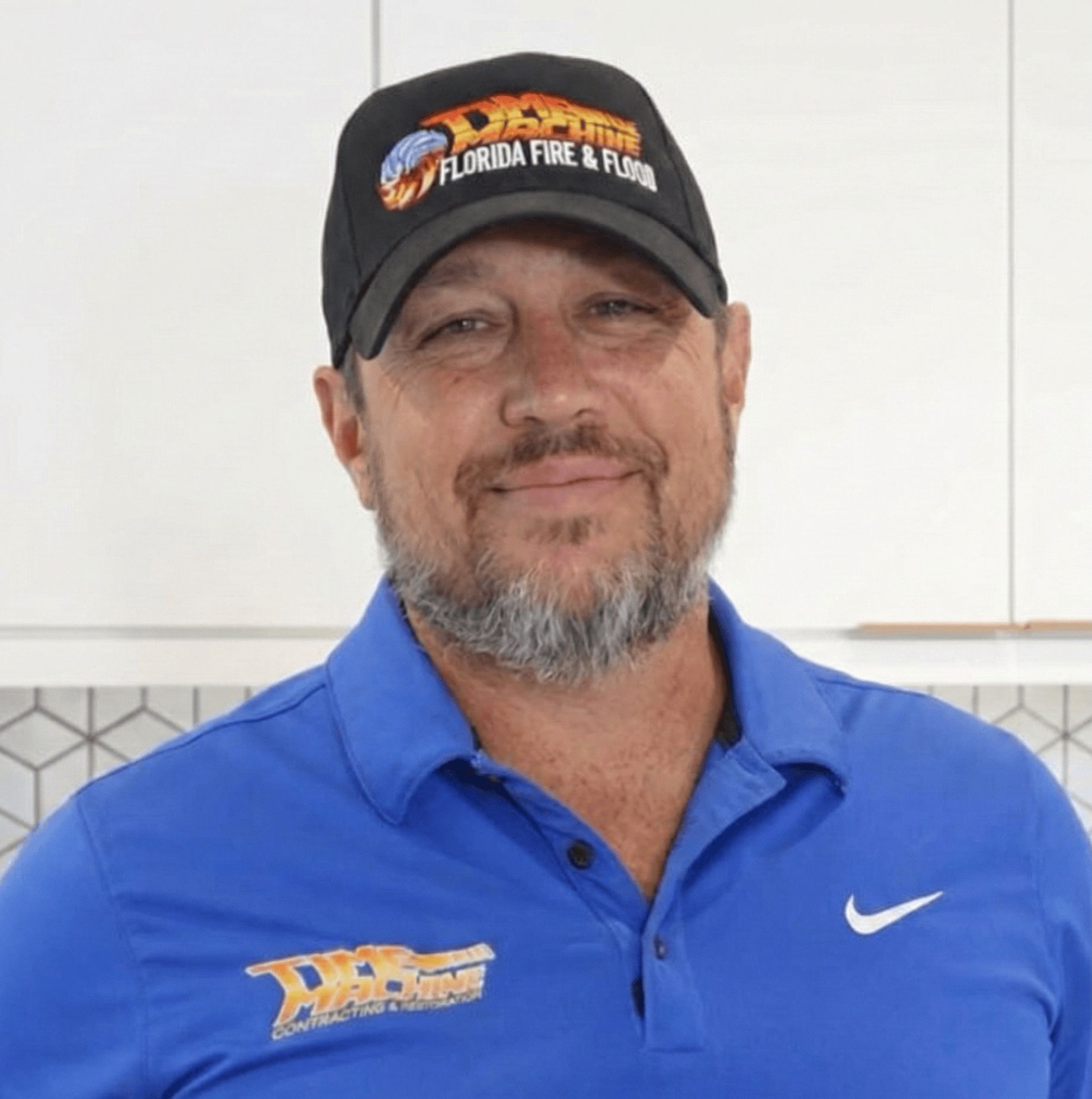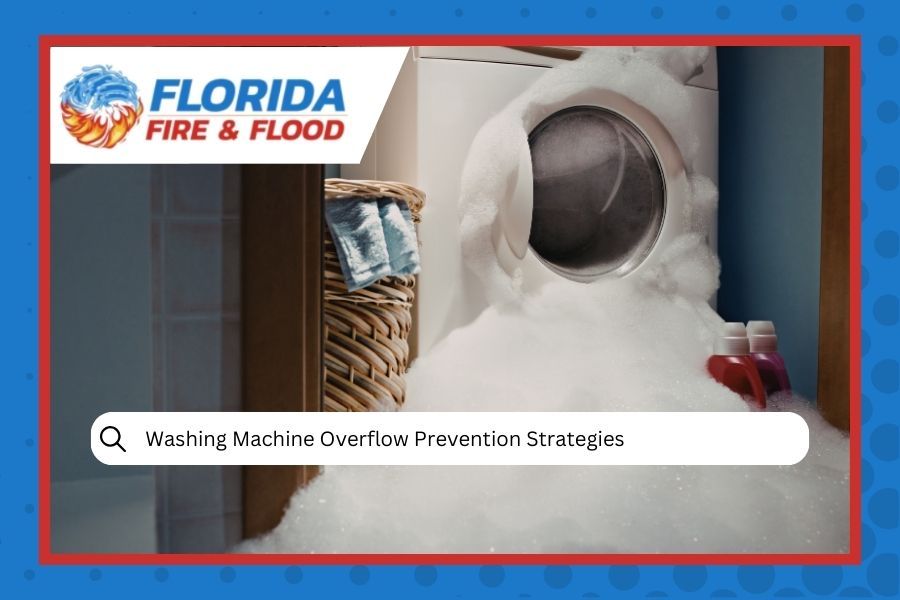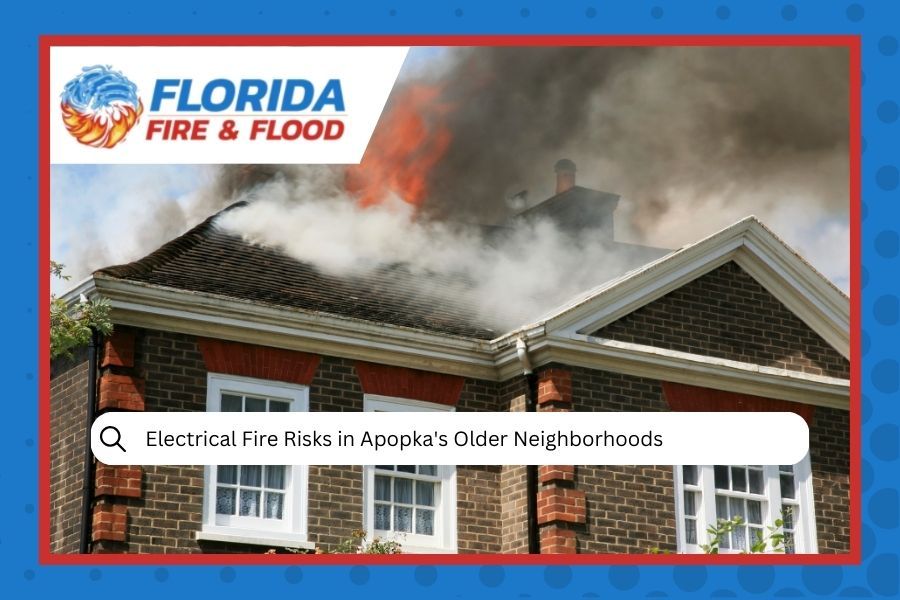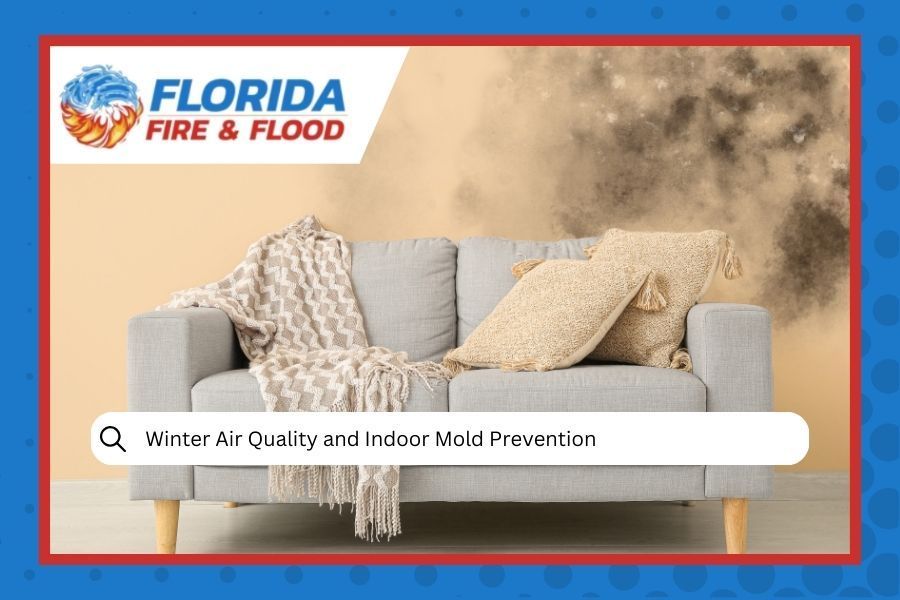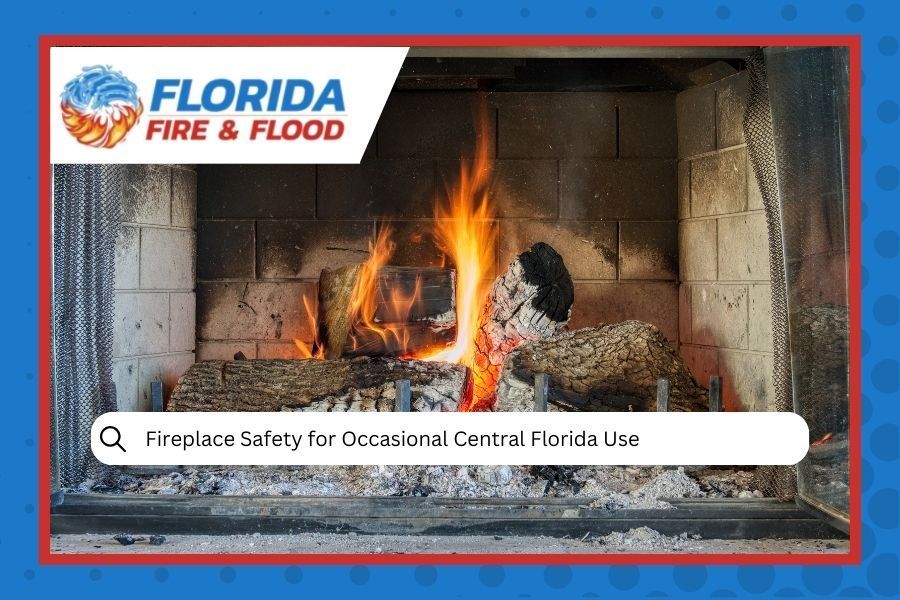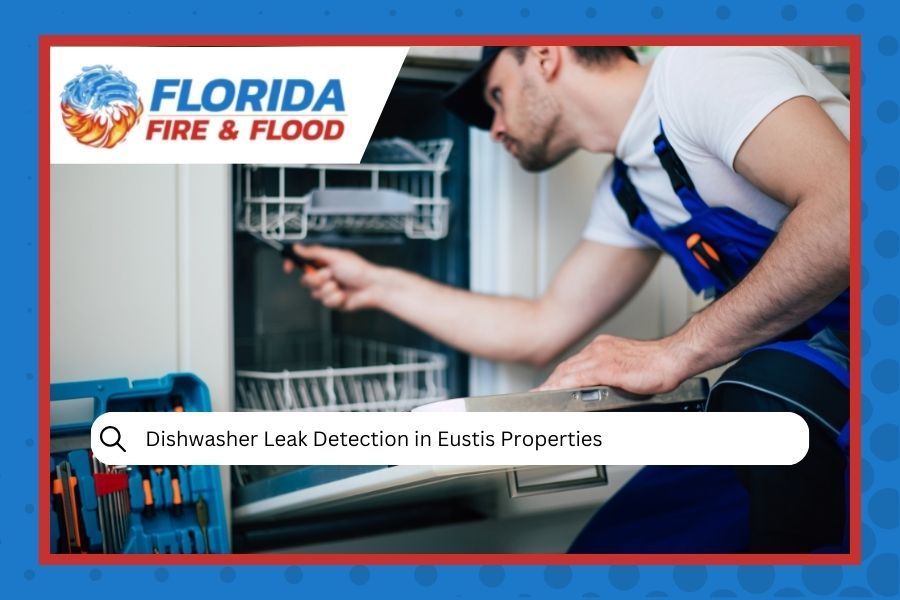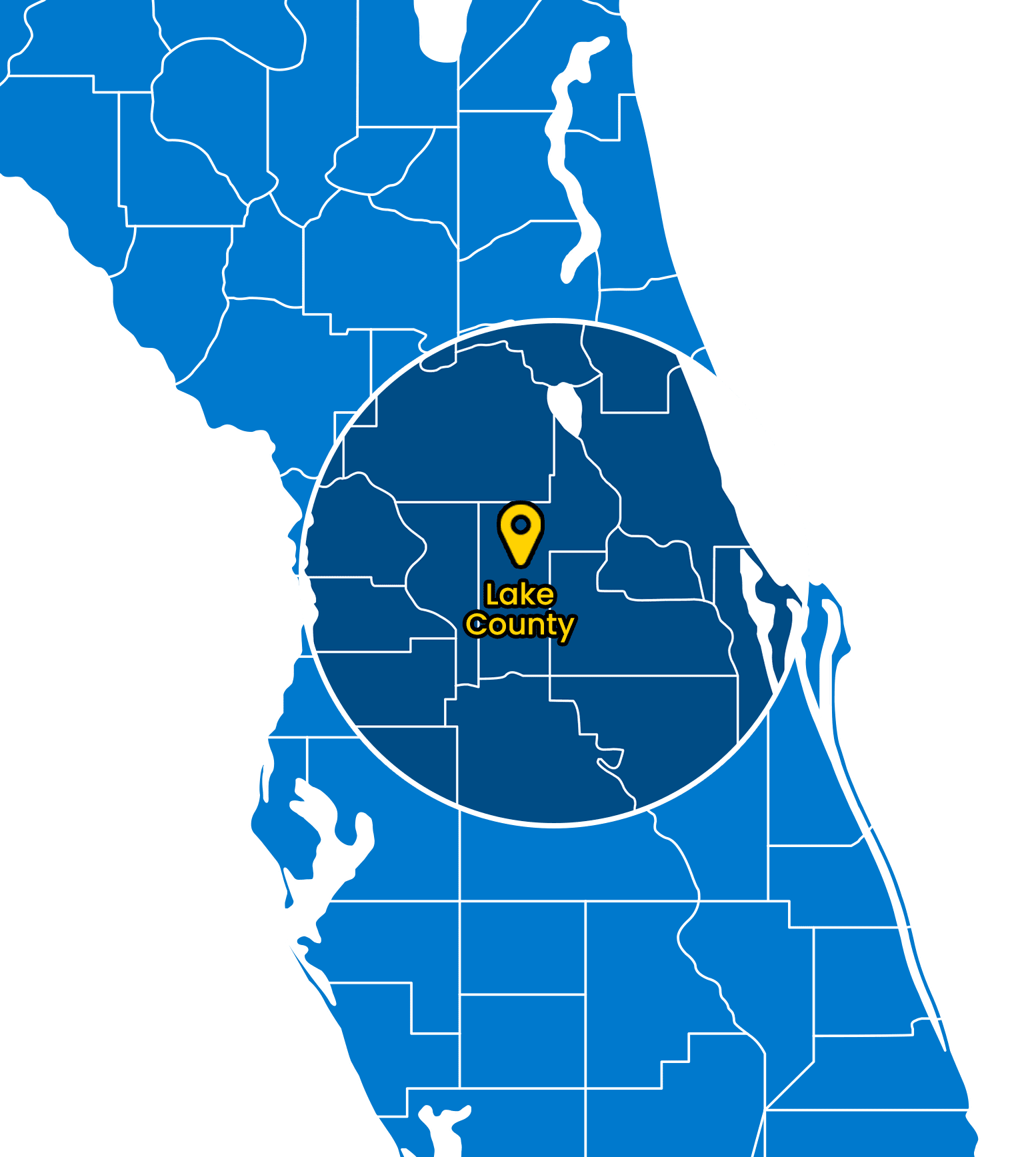AMRT - Applied Microbial Technician I, (Mold Remediation)
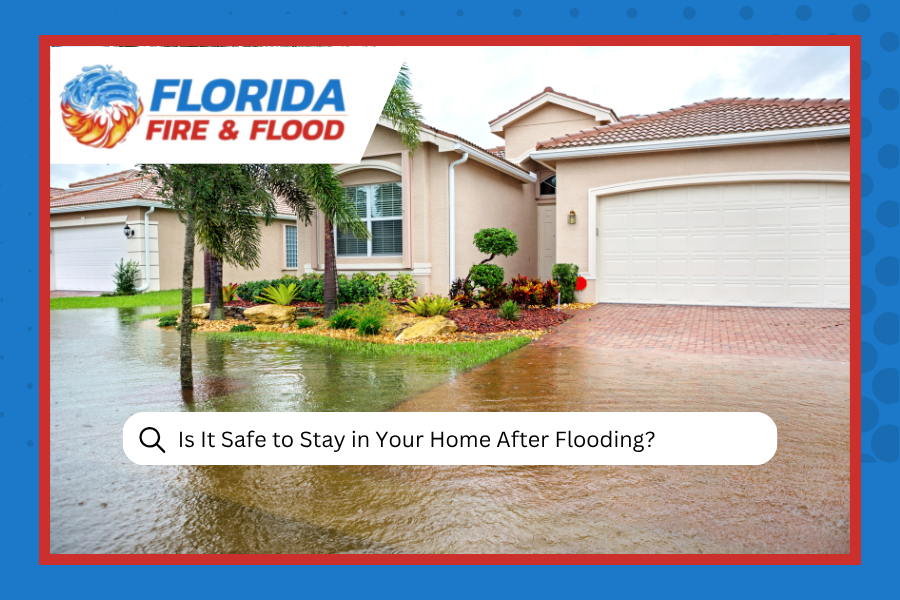
Picture this: you're watching the rain pour down outside your Central Florida home, and suddenly you notice water creeping across your floor. Your heart sinks. The first question that pops into your head isn't about insurance or cleanup costs, it's probably "Can we even stay here tonight?"
We get it. After dealing with countless flood situations across Lake, Orange, and Marion Counties, our team at Florida Fire & Flood has seen families face this exact dilemma. The short answer? It depends on several factors, and your safety should always come first. Let's walk through what you need to know to make the right call for your family.
When You Should Definitely Leave Your Home
Some situations are clear cut, no questions asked. If any of these apply to your situation, pack your essentials and find somewhere safe to stay:
Electrical Hazards Are Present
Water and electricity are about as compatible as cats and bath time. If floodwater has reached electrical outlets, your breaker box, or any electrical appliances, don't even think about staying. Even if the power is off, standing water can conduct electricity from damaged wiring. Trust us, it's not worth the risk.
Structural Damage Is Visible
Take a good look around. Are there cracks in the walls? Sagging ceilings? Doors that won't close properly? Water can seriously compromise your home's structural integrity, especially if it's been sitting for a while. We've seen situations where what looked like minor flooding led to major structural issues that weren't immediately obvious.
Sewage Contamination
This one's pretty straightforward, though definitely not pleasant to think about. If your flooding involves sewage backup or contaminated water (think: water that's been sitting outside and picked up all sorts of nasties), your home isn't safe for habitation until it's been properly cleaned and disinfected.
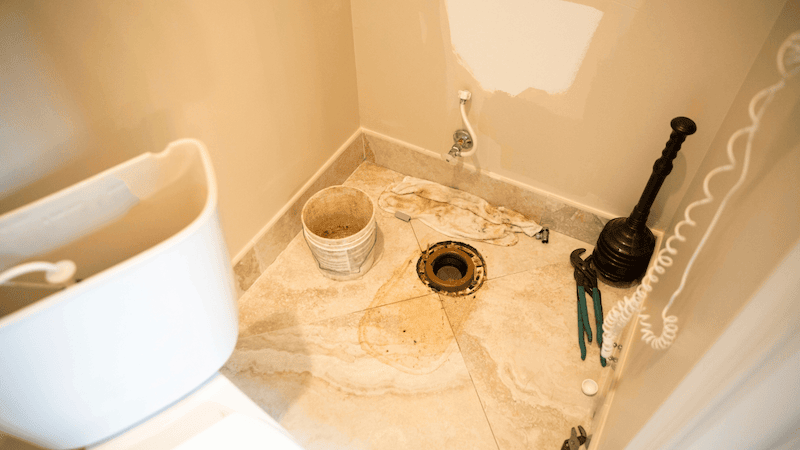
Assessing Water Damage Categories
Here's something most people don't know: not all flood water is created equal. We use three categories to assess water damage, and they each carry different risks:
- Category 1 (Clean Water): This comes from clean sources like a burst pipe or rainwater that hasn't mixed with contaminants. While still problematic, it's the least dangerous type.
- Category 2 (Gray Water): This water contains some level of contamination, maybe from a washing machine overflow or toilet bowl water (without feces). You definitely don't want to be wading around in this stuff.
- Category 3 (Black Water): This is the serious stuff, sewage, floodwater from rivers or streams, or any water that's been sitting long enough to develop bacteria. The CDC warns that exposure to this type of water can make you seriously ill.
If you're dealing with Category 2 or 3 water, staying in your home isn't just uncomfortable, it's potentially dangerous to your health.
Hidden Dangers You Might Not Consider
Mold Growth Happens Fast
Here in Central Florida, our humidity creates the perfect storm for mold growth. Within 24 to 48 hours of flooding, mold can start developing in hidden areas like inside walls, under flooring, and in HVAC systems. You might not see it or smell it right away, but it's there, potentially affecting your family's health.
Compromised Air Quality
Even clean water can create air quality issues. As materials absorb moisture, they can release particles and chemicals into the air. Add potential mold spores to the mix, and you've got a recipe for respiratory problems.
Contaminated Personal Items
Floodwater doesn't discriminate. It gets into everything: furniture, clothing, food, personal belongings. Items that look salvageable might actually be harboring bacteria or other contaminants.
When It Might Be Safe to Stay (With Precautions)
Now, there are some situations where you might be able to safely remain in your home, at least temporarily:
Minor Water Intrusion
If you're dealing with a small amount of clean water that hasn't affected electrical systems or structural elements, and you can address it quickly, you might be okay to stay while handling the cleanup.
Water Is Contained to One Area
Sometimes flooding is limited to one room or area, like a bathroom or laundry room. If the rest of your home is dry and safe, you might be able to stay while dealing with the affected area.
You Have Professional Assessment
Having a qualified water damage restoration professional assess your situation can give you peace of mind. We can quickly evaluate whether your home is safe for occupancy or if you need to relocate temporarily.
Steps to Take Before Making Your Decision
Document Everything First
Before you do anything else, take photos and videos of the damage. Your insurance company will need this documentation, and it helps professionals assess the situation remotely if needed.
Check Your Utilities
Make sure your gas, water, and electricity are safe. If you have any doubts, turn them off at the main source and call professionals to assess. The American Red Cross provides excellent guidance on post-flood safety procedures.
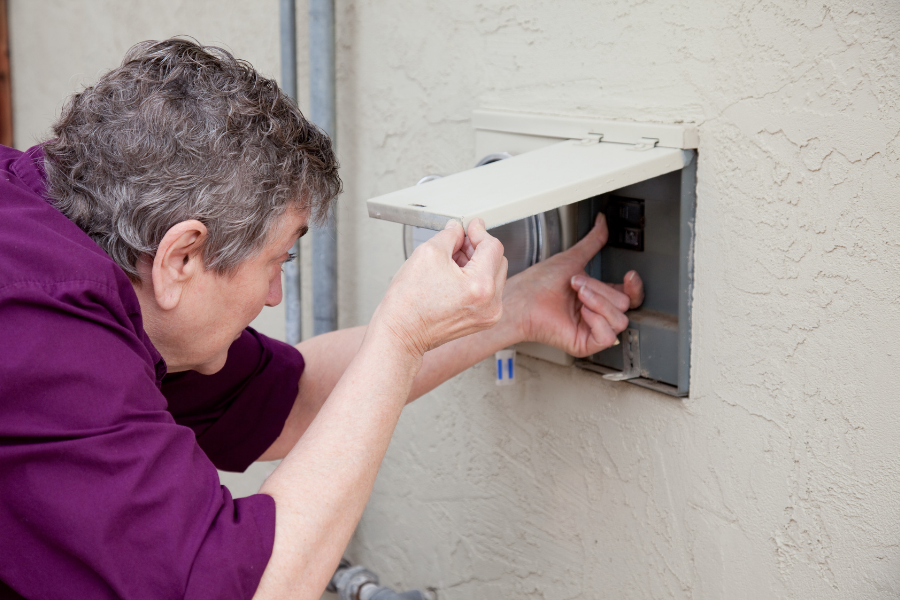
Contact Your Insurance Company
The sooner you report the damage, the better. Many insurance companies have 24/7 claim reporting, and they can often provide guidance on emergency housing if needed.
Professional Help Makes All the Difference
Look, we've been in this business for years, and we've seen people try to tough it out in unsafe conditions more times than we'd like to count. Here's the thing: what might look manageable on the surface often has hidden complications that only become apparent later.
Our mold remediation and water damage restoration services aren't just about fixing what you can see. We're trained to identify hidden moisture, potential structural issues, and health hazards that might not be obvious to homeowners. In fact, we recently completed a flood cleanup job in Eustis that perfectly illustrates how what initially seemed like minor damage actually required extensive restoration work.
Trust Your Instincts
At the end of the day, you know your home and your family better than anyone. If something feels off, if the smell is bothering you, if anyone in your family is experiencing respiratory issues or other health symptoms, don't ignore those red flags.
We've worked with countless families throughout Orlando, Mount Dora, The Villages, and surrounding areas who wished they'd trusted their instincts sooner. Your health and safety are worth more than the inconvenience of staying elsewhere for a few days.
Getting Back Home Safely
The good news is that most flood damage is fixable with the right approach. Professional water extraction, proper drying techniques, and thorough cleaning can restore your home to a safe, comfortable condition. The key is addressing everything properly from the start.
We work directly with most major insurance companies (though we'll be honest, Heritage Insurance can be tricky), so you don't have to play middleman while dealing with an already stressful situation.
Moving Forward
Flooding is never fun, but it doesn't have to be a disaster that derails your life. The most important thing is making smart, safe decisions about when to stay and when to go. When in doubt, err on the side of caution.
Making the right choices early on can save you time, money, and headaches down the road. We've put together a helpful guide on common mistakes to avoid after water damage that many homeowners find valuable during these situations.
If you're dealing with flooding in your Central Florida home and aren't sure whether it's safe to stay, give us a call. We're available 24/7 for emergency situations, and we can often provide guidance over the phone to help you make the right decision for your family's safety.
Remember, your home can be restored, but your health and safety come first. Don't take unnecessary risks when professional help is just a phone call away.
Need immediate assistance with flood damage? Contact our emergency response team at (352) 644-7969. We're here to help Central Florida families get back on their feet, safely and quickly.
Randy Lazarus
About The Author:
Randy Lazarus is the owner of Florida Fire & Flood, a locally owned and family-operated restoration company serving Central Florida communities since 2021. Leading a team of IICRC-certified technicians, Randy has built a reputation for providing 24/7 emergency response and compassionate service to homeowners and businesses facing water damage, fire damage, and mold emergencies. As a member of the Central Florida community, Randy understands the unique challenges property owners face in the region and is dedicated to helping his neighbors restore their properties and get back to normal life.

